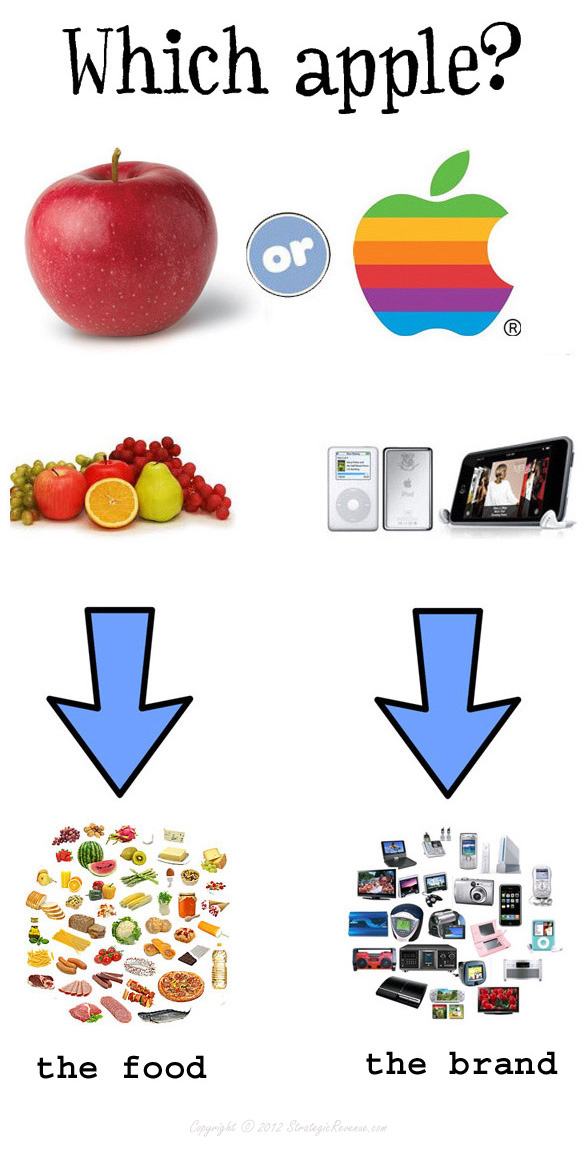Google, which commands the elephant’s share of search-engine visitors, has ponderously stamped the ground again by introducing a new feature intended to quickly illuminate popular topics. Company officials say their Knowledge Graph addition will help searchers gain a wider picture of many subjects without the need to wade through overly expansive results. Similar functionality has already appeared with little notice at smaller competitors such as DuckDuckGo, but Google’s own entry in the semantic search sweepstakes has attracted considerable attention.
Depending on the nature of the topic, searching for relevant information on the Internet by feeding one or more selected keywords to a search engine may lead to a welter of off-target results that requires laborious pruning. For example, searching for the word “kings” may seem straightforward, but classic search-engine algorithms typically will blindly return results covering a popular sports team, male heads of royal families, a notorious drinking game, an old television show and other topics. It is unlikely that the searcher is interested in more than one of these meanings.
With the Knowledge Graph, Google can better understand a query, so it can summarize relevant content around that topic. As an example, if a user performs a search for the best apple, Google must determine which apple searcher means.

Google’s effort focuses on constellations of results relevant to narrower topics such as the state of New York, the art of repairing wooden chairs or the wisdom of paying for automobile rustproofing treatments. Shifting attention from keywords to implied meanings has been a major goal for proponents of a semantically sophisticated Web, and Google appears determined to seriously tackle the complexities of contextual awareness. Google Fellow Ben Gomes remarked that the company was changing course “from strings to things,” referring to the difference between the simple-minded text strings given to search engines and the actual things or concepts.
The efficacy of such a richer approach requires quick access to extensive databases. Google has been tapping Wikipedia, the CIA World Factbook and Freebase, the latter of which was acquired by Google in 2010. Other large databases are likely to be used, including specialized technical, medical and legal resources.
In addition to drawing on public sources for ready-made descriptions and definitions, company officials claim Google’s Knowledge Graph relies on a beefy 500 million distinct data objects, such as people and places, and over 3.5 billion discrete facts and relationships, all of which have been tuned to reflect the search world’s zeitgeist, the spirit of the times. A search for the simple name “Justin” might immediately highlight results for the pop singer Justin Bieber, for instance, and news reports about a newly announced automobile from Ford or Toyota might race to the top of Google’s results for the otherwise generic words “new cars.” If Google’s algorithms detected probable ambiguity and returned a mix of topics, then clicking on a particular search result would change the session focus to the topic implied by that result; selecting a website covering the Taj Mahal monument in India would cause Google to subsequently emphasize that topic and temporarily downplay references to the musician of the same name or to the Atlantic City casino. Currently, such a heightened focus isn’t saved by Google for future searches.
A fully semantic Web has long been the holy grail of Internet search experts. The business of yielding relevant results is a burgeoning field with many sharp, well-heeled entrants. Still, given Google’s deep pockets and experienced team, Microsoft’s Bing and other would-be kings of the search arena will have to hustle to stay competitive with the big bruiser in the ring.

About The Author: John Colascione is Chief Executive Officer of Internet Marketing Services Inc. He specializes in Website Monetization, is a Google AdWords Certified Professional, authored a ‘how to’ book called ”Mastering Your Website‘, and is a key player in several Internet related businesses through his search engine strategy brand Searchen Networks®

 *** Here Is A List Of Some Of The Best Domain Name Resources Available ***
*** Here Is A List Of Some Of The Best Domain Name Resources Available ***